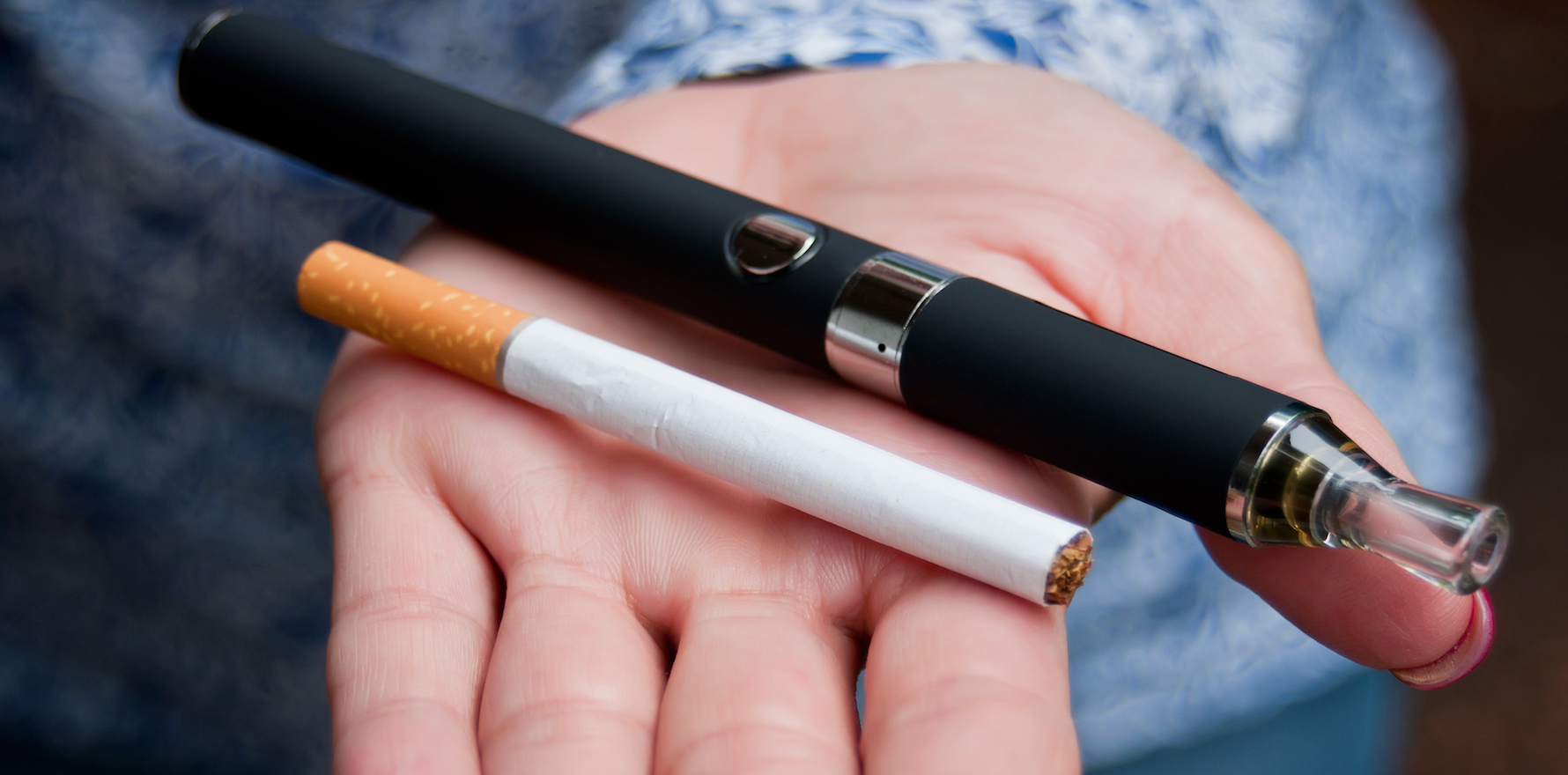Public health groups, the RACGP and the AMA have expressed effusive support, saying the bill values public safety over Big Tobacco’s bottom line.
The RACGP says there is “a long fight ahead” for GPs as it champions the federal government bill that aims to restrict access to vapes to prescription-only.
Today, the federal government introduced its “world leading” legislation specifically outlawing the import, domestic manufacture, supply and commercial possession of disposable single use and non-therapeutic vapes.
The Therapeutic Goods and Other Legislation Amendment (Vaping Reforms) Bill 2024 forms the centrepiece of the government’s wider crackdown on tobacco and nicotine, closing loopholes in current legislation and building on regulatory changes implemented earlier this year to constrict import.
The new legislation, if passed, would amend the Therapeutic Goods Act 1989 to ensure people can access vapes to help with smoking cessation but would “comprehensively” control illegal vapes, said health minister Mark Butler.
If vapes truly were therapeutic goods, added Mr Butler, it was “entirely appropriate” that they be regulated as such.
“[Vapes] will be available on prescription by a doctor or a nurse practitioner in a pharmacy to help people with smoking cessation.”
Those found to be supplying, manufacturing or importing vapes to the recreational market would face imprisonment of up to seven years and fines of up to $2.2 million under the new Act, said Mr Butler.
Commercial possession may also face imprisonment and fines, but likely of a lesser severity.
The RACGP has thrown its weight behind the bill, with RACGP president Dr Nicole Higgins noting that GPs will play a vital in the vaping space going forward.
“There is a long fight ahead of us,” she said.
“We will continue our calls for the government to introduce more clearly documented restrictions on tobacco lobbying to include all nicotine containing products.
“The RACGP will also keep fighting for all MPs and political parties to reject Big Tobacco donations and refrain from meetings with any tobacco lobbyists.
“The good news is that most parties have already done so.”
Dr Higgins warned of the close ties Big Tobacco has to vaping research.
“Vapes are not being sold by companies as a benevolent public health measure,” she said.
“There was a ‘cash for vapes’ scheme which would have led to pharmacists receiving $275 from Philip Morris when they order a certain type of vape.
“The list goes on and on unfortunately.”
Dr Higgins encouraged patients to see their GP to discuss cessation options.
“It may be the best health decision you ever make.”
Related
Associate Professor Johnson George from Monash Institute of Pharmaceutical Sciences said efforts should now be turned to improving subsidised access to evidence-based smoking and vaping cessation treatment.
“Vaping is highly addictive and has become extremely prevalent, particularly among teenagers,” he said.
“However, no matter how old you are, vaping should not be the go-to solution as an evidence-based smoking cessation strategy in the management of nicotine dependence.”
Many other public health organisations and educators have come out in vehement support of the bill, including the Cancer Council, the AMA, the Public Health Association, Lung Foundation Australia and the Heart Foundation.
AMA president Professor Robson championed the reforms and said vaping in Australia was a “national health crisis that must be stopped in its tracks” and that the government should make no apology for its “tough but necessary legislation”.
Speaking on the bill, Public Health Association of Australian CEO Terry Slevin said that the PHHA expected it would “enormously reduce vaping” and “put a hole” in the tobacco and vaping industries pockets.
The Australian Council on Smoking and Health called out big tobacco-funded pro-vaping campaigns for putting out “fake” or “misleading” information on the reforms.
Ms Hunter labelled the demand for vapes to be treated like cigarettes “downright dangerous” and called on politicians to open their eyes.
“We need our elected members to step up and protect our kids, not industry profits.”
At today’s press conference in Canberra, Mr Butler told the room that he was “hopeful” that the vaping legislation would garner the necessary support and was angling for a 1 July start date.
Mr Butler said he was “under no illusions over the challenge” of vaping control, but that the party would not consider a “tax and regulate” approach.
The party will continue to increase regulation of tobacco to complement the vaping reforms, said the minister, and would look to the state and territory government for “cooperative enforcement” should the bill pass.
The National Cancer Screening Register Amendment Bill 2024 was introduced alongside the government’s vaping bill, to include lung cancer in the national screening register and offer at-risk 50 to 70-year-olds CT scans every two years.





